The FIFA World Cup stadium complex in Qatar is leaving a lasting impact for the nation’s expanding population.
Since the nation was chosen to host the mega-event, which will begin on November 20, creating active community hubs surrounding the stadiums was a crucial component of legacy preparations.
The project started with community discussions, according to Eng. Ghanim Al Kuwari, Deputy Director General, Technical Services, Supreme Committee for Delivery & Legacy.

“Our goal was to build venues that local communities would use,” said Al Kuwari. “Before we broke ground, we consulted communities to ensure their needs were implemented at the design phase. Every stadium has a distinct design and facilities that are unique to its community. And over the last few years – thanks to Al Bayt Park, Al Janoub Park and others – we are seeing these facilities being used. This is FIFA World Cup legacy in action before the big kick-off.”
Three stadium precincts in particular —Al Janoub, Al Bayt and Ahmad Bin Ali — have become major community hubs. On Qatar National Sport Day 2020, the SC opened public parks at Al Janoub and Al Bayt, illustrating the country’s legacy commitment to inspire health and fitness.

Covering an area larger than 30 football pitches, Al Bayt Stadium Park boasts vast green spaces, children’s play areas, exercise stations and restaurants, plus tracks for cycling, running and horse and camel riding. For the VIVA Running Club, the facility offers the perfect backdrop for training.
“The facilities here are great for running because they offer tremendous space. To look over and see scenic green spaces and the gorgeous Al Bayt Stadium tower over us is a plus. It is a unique experience,” said club member Khalid Al Buhendi.
Al Bayt Stadium Park is also home to the Quodorat Centre, a community space for the preservation of cultural heritage, and Nomas, an educational youth centre led by the Ministry of Culture.

Over in Al Wakrah, the area surrounding the 40,000-capacity Al Janoub Stadium is a stunningly-landscaped park featuring tennis and basketball courts, exercise stations, children’s play areas, jogging and cycling tracks.
At Ahmad Bin Ali Stadium, the home of Al Rayyan Sports Club, amateur footballers benefit from the venue’s outstanding facilities. The Qatar Community Football League holds weekly matches on the six pitches, while people also use the facility’s running and cycling tracks, cricket pitches, tennis courts, padel court, outdoor gym facilities, skate park and aquatics centre.
Al Kuwari said the precincts are a key attraction for local communities.
“The precincts are a bustling hub filled with activities for all ages. They are the perfect destination for the people of Al Khor, Al Wakrah and Al Rayyan, plus surrounding communities. They offer a place to exercise, eat, relax and spend time with family and friends,” said Al Kuwari.

After the FIFA World Cup ends on December 18, some of Qatar’s stadiums and their surrounding areas will be redeveloped to provide further community facilities, including real estate, health centres and commercial outlets.
“We are already experiencing the sustainable legacy of Qatar 2022, which we have been planning for from the very beginning. It is very fulfilling to see the legacy being delivered in the lead-up to the tournament,” said Al Kuwari.


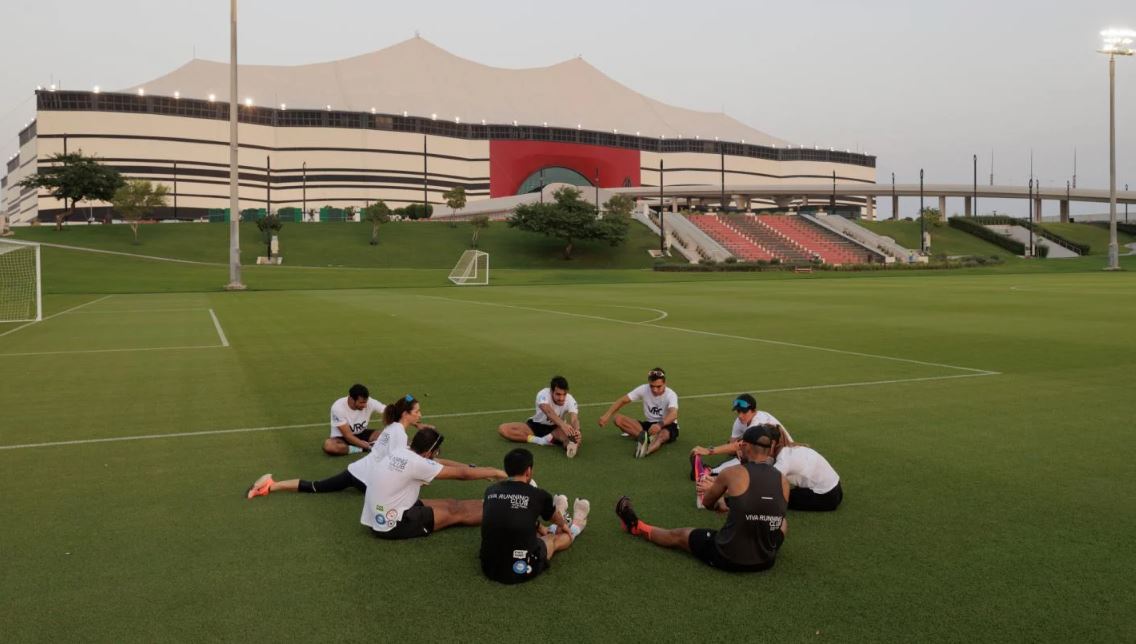

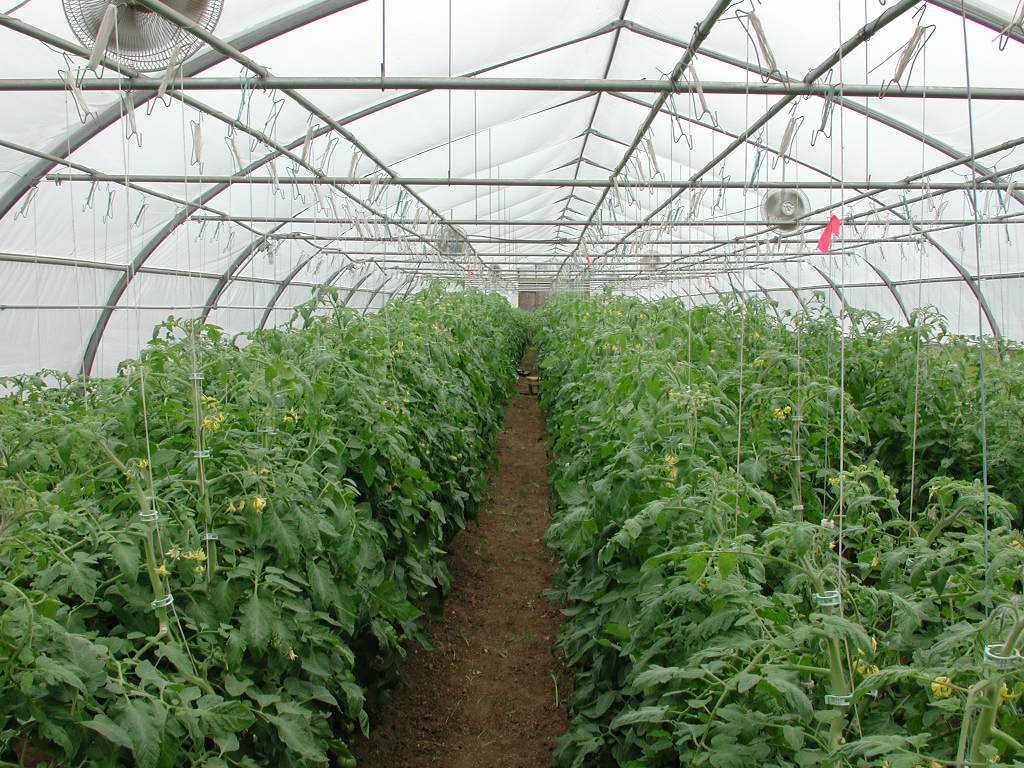
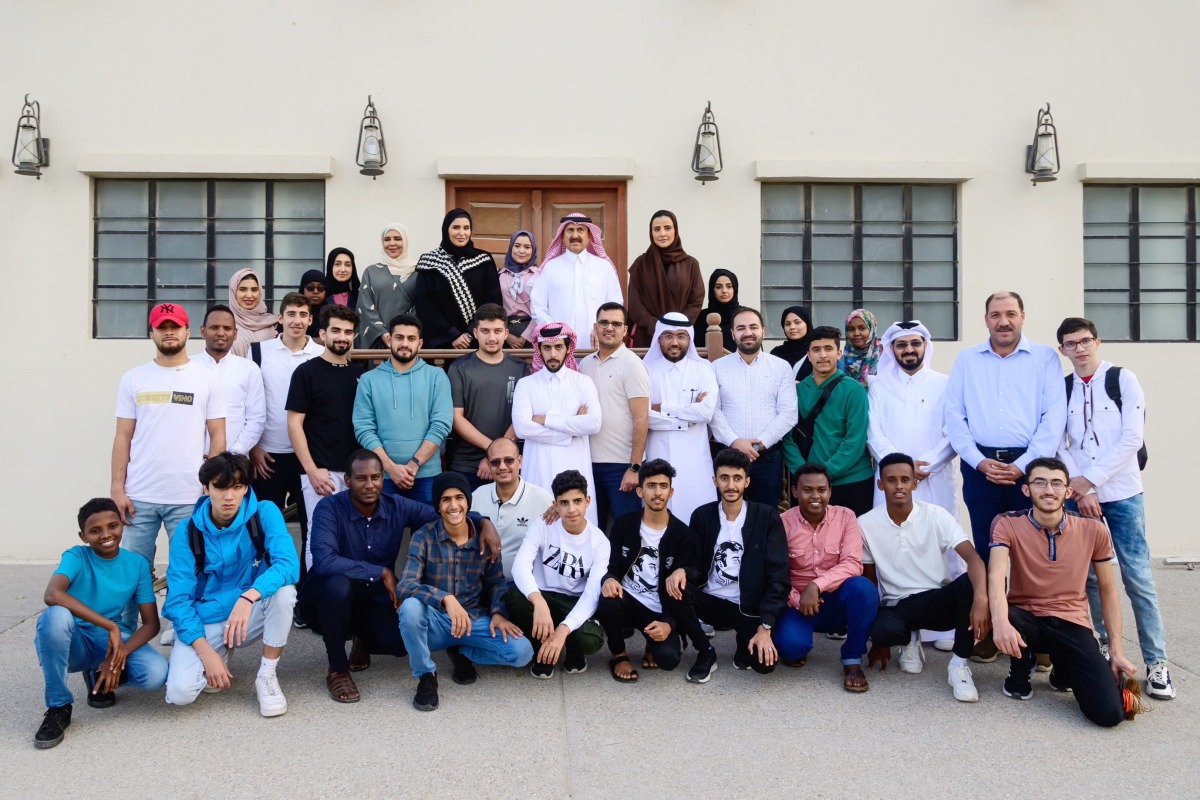
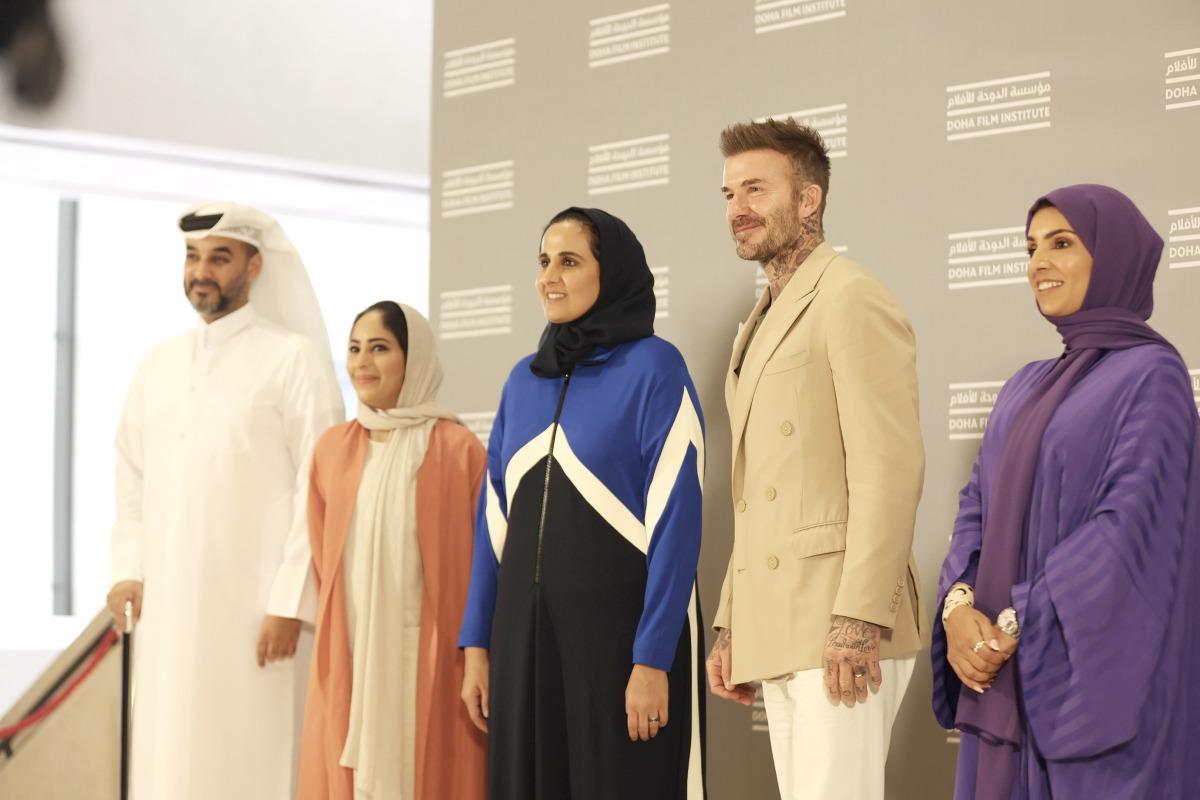
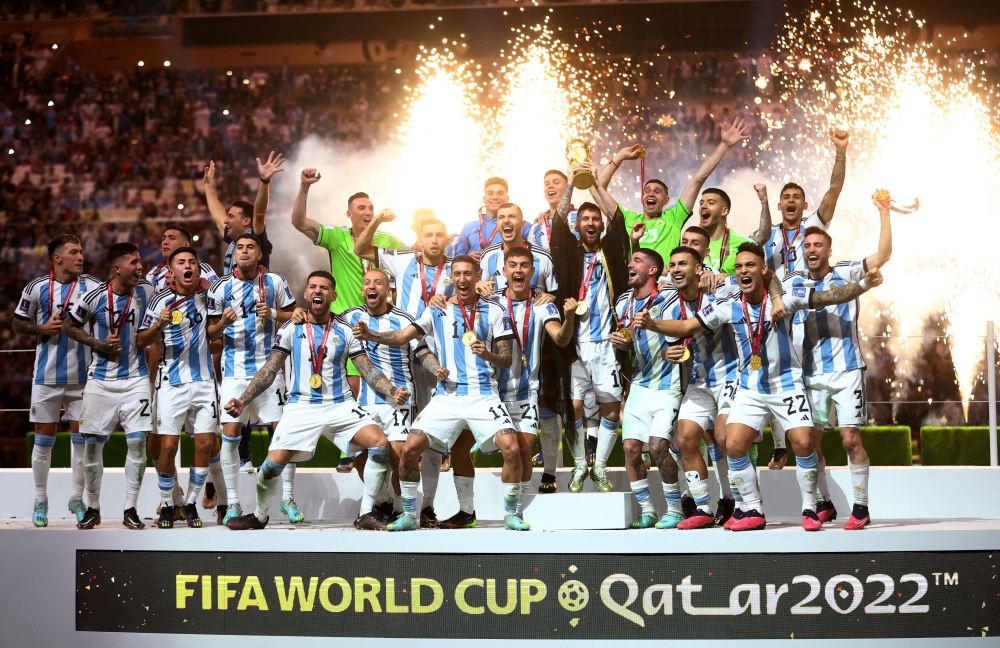
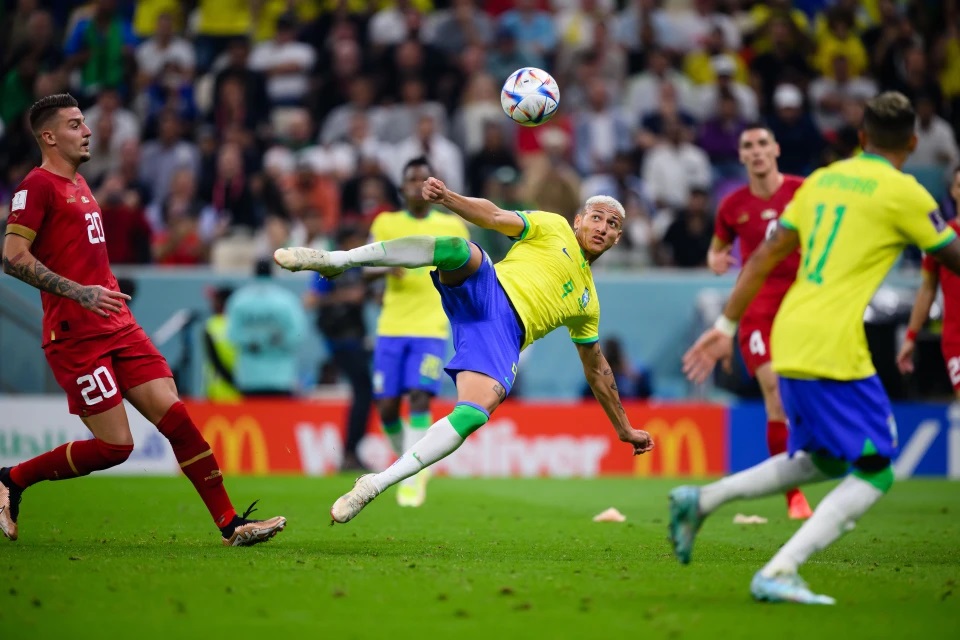



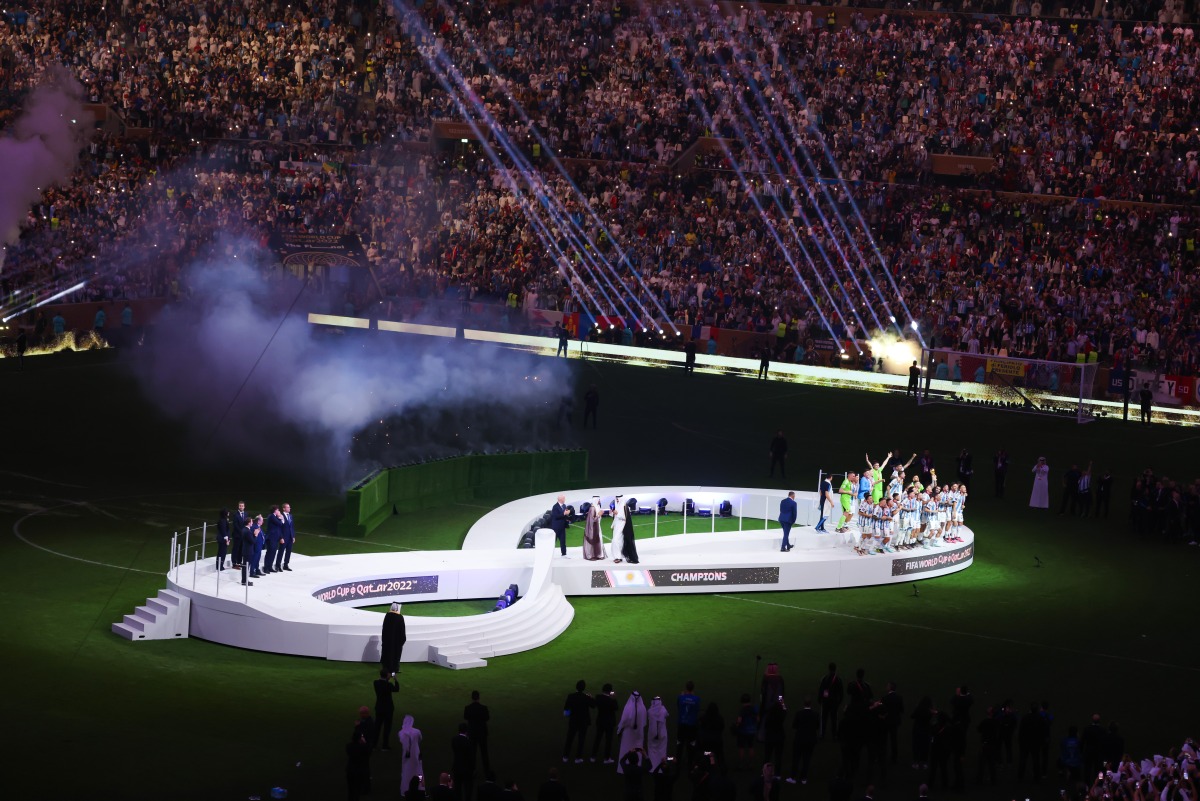




Leave a Reply